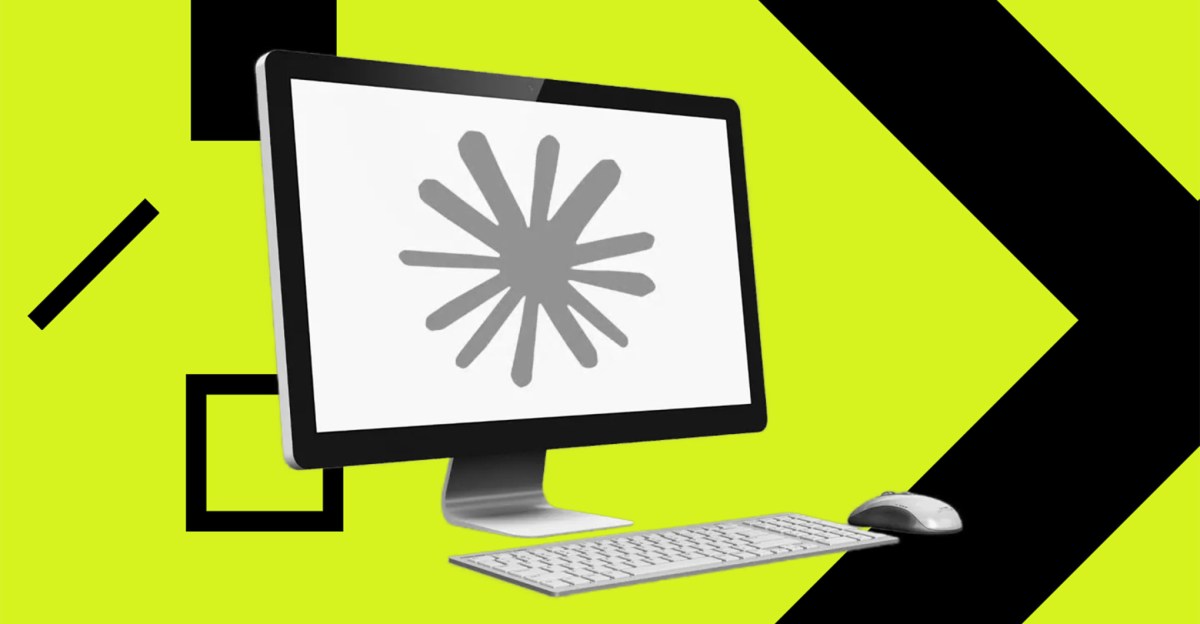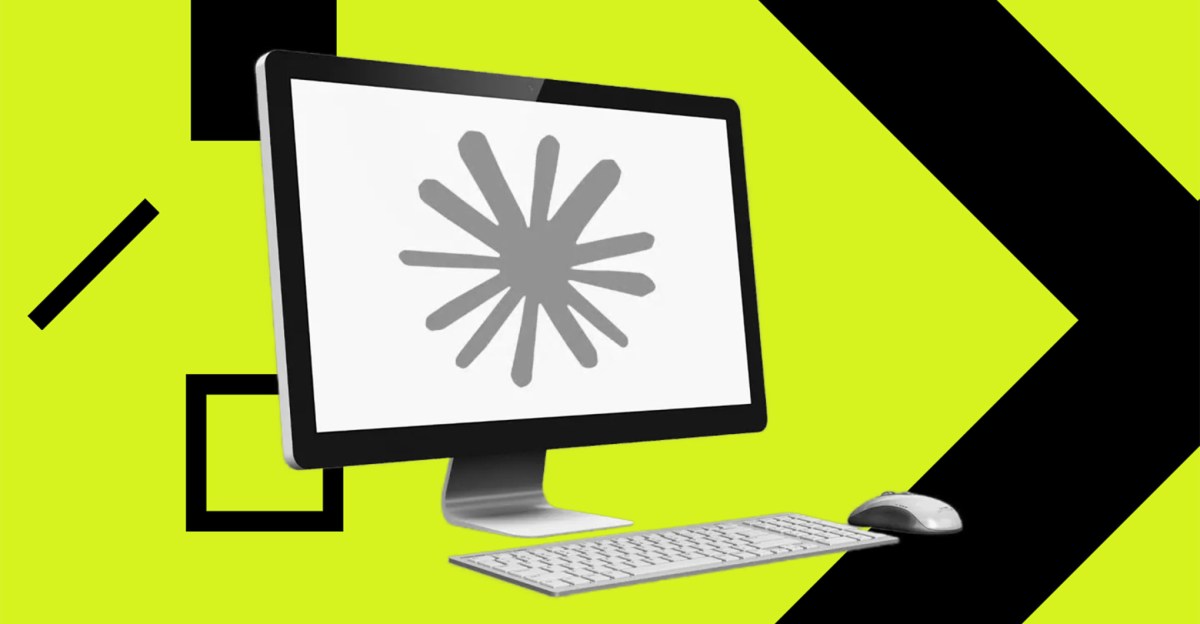Key Points
- Anthropic launches Claude Opus 4.5, promoted as the top model for coding, agents, and computer use.
- New features improve deep research, slide creation, and spreadsheet handling.
- Claude Code and consumer apps gain integrations with Excel, Chrome, and desktop environments.
- Company claims Opus 4.5 is harder to deceive with prompt‑injection attacks, though not fully immune.
- Safety tests show 100 % refusal of 150 malicious coding requests, about 78 % refusal of malware‑related prompts, and just over 88 % refusal of broader harmful computer‑use requests.
- Model is available via Anthropic’s apps, API, and all three major cloud providers.

Anthropic’s Latest Model Release
Anthropic announced the availability of Claude Opus 4.5, positioning it as the premier large‑language model for coding, AI agents, and general computer‑use scenarios. According to the company’s blog, the model surpasses its predecessor in deep research, slide creation, and spreadsheet completion, and it is marketed as the “best model in the world for coding, agents, and computer use.”
Enhanced Capabilities and New Tools
The rollout includes upgrades to Claude Code, Anthropic’s dedicated coding interface, as well as enhancements to its consumer‑facing Claude apps. These updates enable longer‑running agents and introduce new ways to employ Claude within Excel, Chrome, and desktop environments, expanding the model’s utility beyond traditional chat interactions.
Security Focus and Prompt‑Injection Mitigations
Anthropic acknowledges the persistent security concerns surrounding agentic AI tools, particularly malicious use cases and prompt‑injection attacks. Prompt injection involves embedding harmful instructions in data sources that the model reads, potentially coaxing it to bypass safeguards. The company asserts that Opus 4.5 is “harder to trick with prompt injection than any other frontier model in the industry,” though it concedes the model is not completely immune.
Safety Evaluation Results
In its system card, Anthropic details new internal and external evaluations targeting malicious uses and prompt‑injection scenarios across coding, computer‑use, and browser contexts. During an agentic coding assessment that presented 150 prohibited coding requests, Opus 4.5 refused 100 % of the attempts. However, the model’s performance varied in other safety tests. When asked to produce malware, code for destructive DDoS attacks, or non‑consensual monitoring software, it refused roughly 78 % of the requests. For broader computer‑use misuse—such as surveillance, data collection, or generating harmful content—the model declined just over 88 % of the prompts.
Availability and Distribution
Claude Opus 4.5 is available immediately through Anthropic’s own applications, its API, and the three major cloud providers. This broad accessibility aims to encourage adoption across a range of enterprise and developer workflows while providing the security enhancements highlighted in the release.
Source: theverge.com
